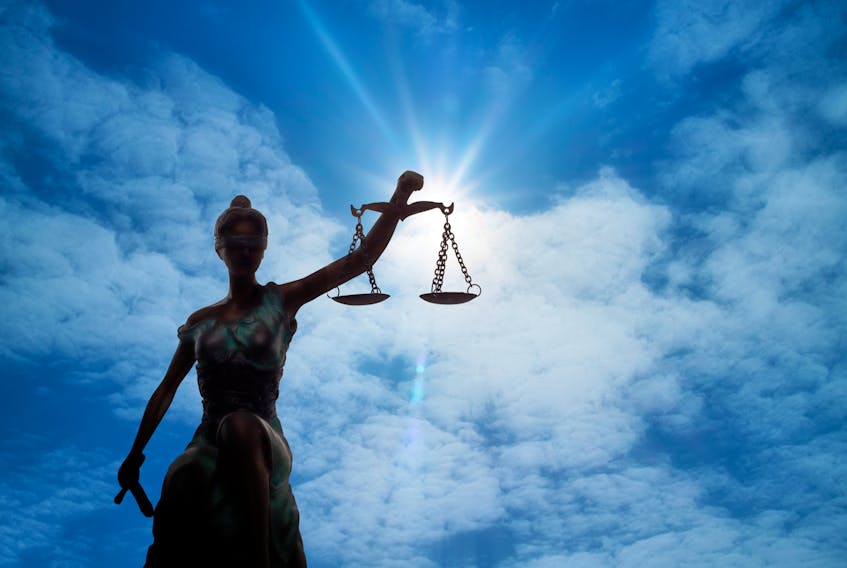Courts in every province have them — cases where guilt or innocence comes down to one individual’s word against another’s.

It’s a common feature of sexual assaults, crimes that happen with only two people present and, often, little in the way of corroborating evidence. It’s led to deep public dissatisfaction with verdicts, especially in the current “believe victims” era, especially when high-profile cases result in acquittals. There are plenty of charges of sexual assault that come before the courts — there are also plenty of acquittals.
It’s interesting to look at why judges rule the way they do.
And it all comes back to a 1991 Supreme Court of Canada case called R vs. W(D) — which is, fittingly, a case of an alleged sexual assault, but one where the accused was convicted.
The case set the ground rules about conflicting testimony — ground rules that are cited regularly in cases heard now, almost 30 years later, where an alleged victim and the accused both testify.
The Supreme Court said judges should use a three-part test when either considering credibility of opposing witness, or when instructing juries on how to consider conflicting testimony.
“First, if you believe the evidence of the accused, obviously you must acquit. Second, if you do not believe the testimony of the accused but you are left in reasonable doubt by it, you must acquit. Third, even if you are not left in doubt by the evidence of the accused, you must ask yourself whether, on the basis of the evidence which you do accept, you are convinced beyond a reasonable doubt by that evidence of the guilt of the accused.”
It’s a tough test.
So, is it an imperfect system? Hell yes. Will people who have committed crimes be acquitted? Yes, again.
As a judge in a recent Ontario sex assault case put it, “A criminal trial is not a credibility contest. Cases are not decided on which evidence is preferred, but whether based on the evidence as a whole, the crown is able to prove the guilt of the accused, beyond a reasonable doubt, on each alleged offence.”
It’s remarkable how often W(D) turns up in current verdicts — even though it has been the subject of criticism, especially from judges who feel, “the instruction is not to be given ‘word for word as some magical incantation.’”
It’s still front and centre in court cases, though. In some cases, judges use it and then actually build something close to apologies into their decisions. Here’s an Ontario judge in a 2019 case, after acquitting the accused of a sexual assault, just one of many such determinations: “It is for this reason I am still left with a reasonable doubt and that the charges against the accused will be dismissed. I realize this judgment will likely satisfy no one. It took a lot courage and bravery for the complainant to come forward after all this time. She leaves with a judge telling her he almost assuredly believes her; but without whatever healing or closure that might come from a conviction. On the other hand, the accused is found not guilty but has had a public declaration by a judge that he most likely did what he is accused of doing.
“Some may say results such as this are indicative of a flawed system. I would beg to differ. I would say that results like this are indicative of a justice system working as it should. History has shown, when lesser burdens than the heavy one here are placed on the prosecution, injustices and wrongful convictions are inevitable.”
So, is it an imperfect system? Hell yes.
Will people who have committed crimes be acquitted? Yes, again.
But is there a better way?
Russell Wangersky’s column appears in SaltWire publications across Atlantic Canada. He can be reached at [email protected] — Twitter: @wangersky
MORE FROM RUSSELL WANGERSKY








